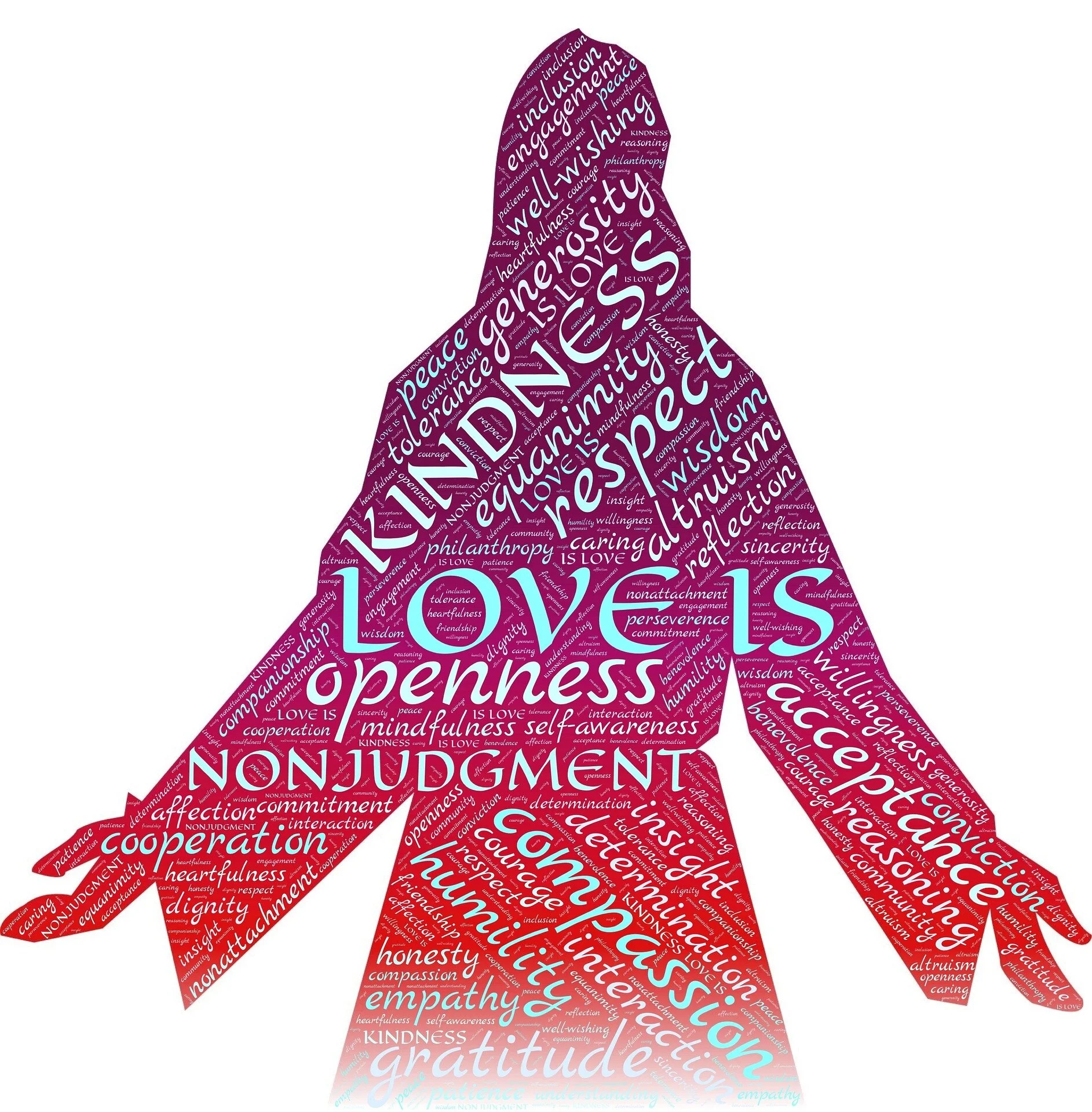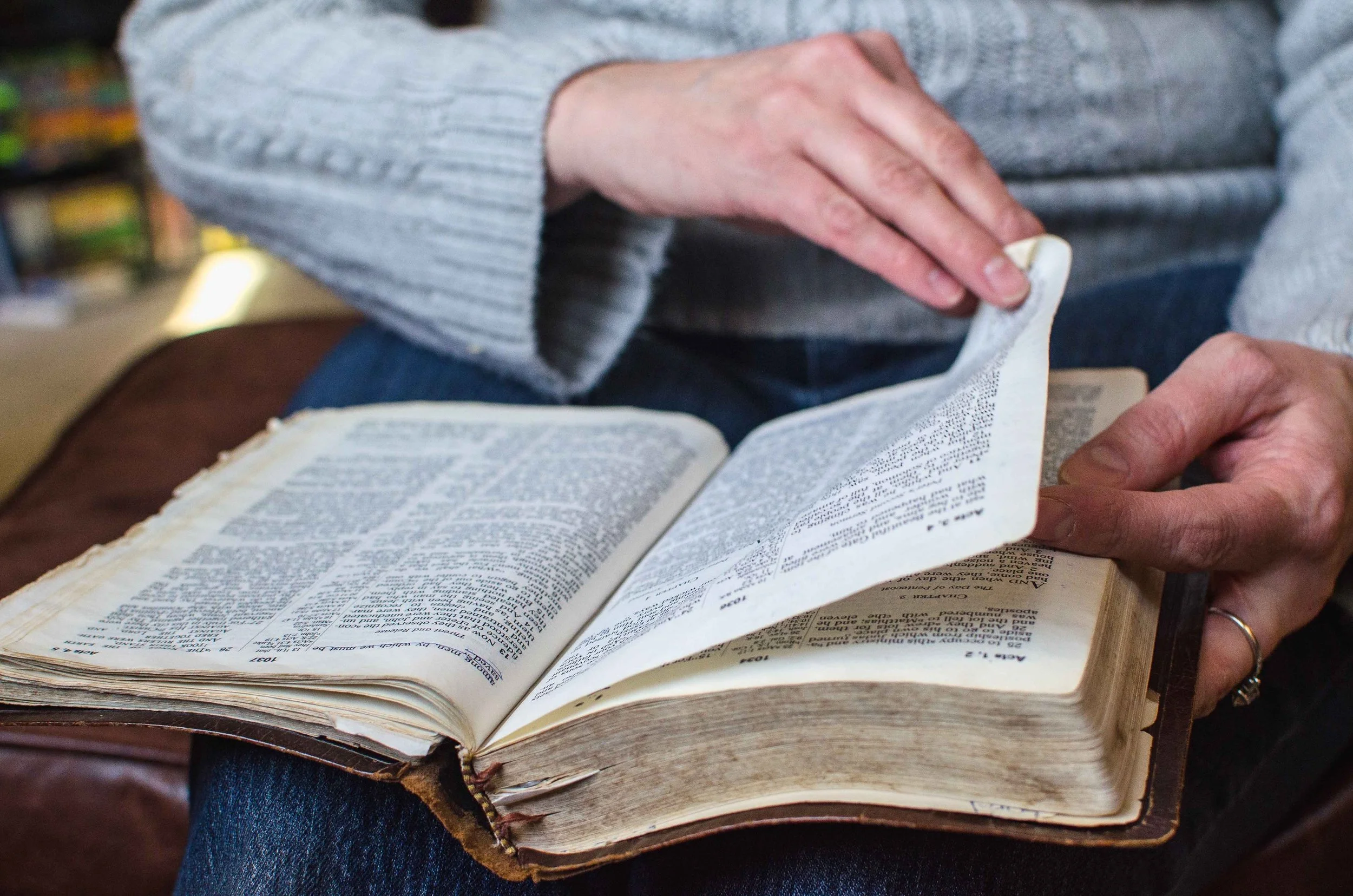May the Source Be With You: A Woman, a Well and some Water
I was going to start a series on the devil, but I am going to put that off for a week or two. I was doing my devotions the other day, when I came across something I thought may be more helpful for today. I know all of us are struggling with the chaos that we call “the new normal.” None of us really wants to have to deal with the ripple affects of a pandemic, but we are.
Image by David Mark from Pixabay
With the advent of fall we are seeing universities and schools struggling to stay in session. My husband’s university has 60% of their classes online, or hybrid, which is an online, face to face combination of teaching. It has most of the faculty and staff feeling exhausted and overwhelmed. I know the same is true for my grandson’s elementary school as teachers and staff try to deal with technology glitches and having live stream school sessions that last from 9 in the morning to 3:30 in the afternoon. His school is hoping to go to a hybrid plan next week, where students will attend school two days and have three days off. I can’t even imagine how hard this is for everyone. We are not able to go places, see extended family and have regular meet ups with friends at coffee shops or bookstores.
In addition to that, incidents of protests, riots and violence across our country continue to take place. We are heading into an extremely volatile election and the silencing of many with contrary views to the underpinning current of anti conservative voices is leaving us feeling exhausted, anxious and hopeless.
When I read this verse and Oswald’s accompanying devotion, I realized that no matter what happens in the world around us, we are always at liberty to return to the Source
“Whoever believes in me, as the Scripture has said, ‘Out of his heart will flow rivers of living water.’””
If we believe in Jesus, we have the source of living water. If you take the time to read the story of Jesus and the Samaritan women here in John 4:7-41, you will see this idea of living water spoken of previously by Jesus. This woman who came to the well, knew what hardship was like. She was not only a Samaritan, who the Jews did not look favorably on, she also had been in a number of relationships that went haywire. As Jesus pointed out, she had had five husbands and the man she was currently living with was not her husband.
It was not coincidence that brought her to the well at the exact same time Jesus came to quench his thirst. We can learn a lot from this passage, so let’s take a closer look.
Jesus took the initiative.
“A woman from Samaria came to draw water. Jesus said to her, “Give me a drink.” ”
Under normal circumstances a woman was expected to do a man’s bidding. Not only that, but the woman would have had a vessel of some sort, something she could carry water in, making it easier for her to draw water. For Jesus to tell her to give him a drink, would not have been unusual. However, the fact that He was a Jew and she was a Samaritan, made it completely abnormal that Jesus would talk to her, let alone allow her to give him a drink.
She knew her place.
“The Samaritan woman said to him, “How is it that you, a Jew, ask for a drink from me, a woman of Samaria?” (For Jews have no dealings with Samaritans.)”
This woman wasn’t in denial. She knew that Jews did not like Samaritans. She also knew she was a woman in a man’s world. Her response to Jesus was’t one of bitterness or snippiness. I believe she responded with genuine surprise. She restated something both she and Jesus already knew.
Jesus got right to the point.
“Jesus answered her, “If you knew the gift of God, and who it is that is saying to you, ‘Give me a drink,’ you would have asked him, and he would have given you living water.” ”
Jesus didn’t argue with the woman about whether she should draw water for Him. He immediately began to tell her about what He had to offer her…living water.
She knew history.
“The woman said to him, “Sir, you have nothing to draw water with, and the well is deep. Where do you get that living water? 12 Are you greater than our father Jacob? He gave us the well and drank from it himself, as did his sons and his livestock.”
Image by Yoosaf Abdulla from Pixabay
Just in case you are wondering, the Samaritans were Jewish descendants from the tribes of Joseph’s sons Manasseh and Ephraim. They were all descendants of Jacob. The main source of contention between these two people groups revolved around the chosen place to worship God. They were considered mongrels by the Jews due to their being descendants of Jews who had been in captivity in Assyria. In truth, they were all Jews, in the same way today’s term Christian includes both Protestants and Catholics.
Jesus used a physical object to explain a spiritual truth.
“Jesus said to her, “Everyone who drinks of this water will be thirsty again, 14 but whoever drinks of the water that I will give him will never be thirsty again. The water that I will give him will become in him a spring of water welling up to eternal life.””
Image by PublicDomainPictures from Pixabay
Often when Jesus was teaching he would speak in allegorical pictures. In this particular instance He is describing the relationship with God that all can have, if they just drink His truth. From personal experience, I know this to be true. I have never known anything nor anyone to satisfy like Jesus. Yes, I still walk in this flesh and it craves all sorts of things from clothes to chocolate, but those splurges almost always leave me feeling dissatisfied. Only the time spent with Him in prayer, study of the word, journaling, ranting or singing truly makes me feel full and complete.
You see, the water that Jesus offers to give us is no ordinary spring. It is a spring from an unlimited source and it bubbles eternally. There is no end to this source of living water. It is both unlimited and fulfilling. You might be wondering, how can it be both limitless and yet give complete fulfillment? What would be the point of it being unlimited, if we only had to drink from it once and have our thirst forever quenched? We will get to that in a bit.
Right response, wrong reason.
“The woman said to him, “Sir, give me this water, so that I will not be thirsty or have to come here to draw water.””
The woman’s response is one of desire. She wants this living water, but not for the reason Jesus offered it to her. She wasn’t looking beyond her immediate circumstances and comfort. She wanted the water she thought He was offering, so she would never have to worry about coming to the well again. My suspicion is, she was not always looked upon with kindness in her daily journey to the well. It would have been so much less trouble if she never had to go to the well again.
Nothing is hidden from Jesus.
“Jesus said to her, “Go, call your husband, and come here.” 17 The woman answered him, “I have no husband.” Jesus said to her, “You are right in saying, ‘I have no husband’; 18 for you have had five husbands, and the one you now have is not your husband. What you have said is true.” ”
If the Samaritan woman had been alive today, she would have been wondering if Jesus was part of the CIA or MI6. She would have immediately started looking for hidden cameras and microphones. However, those types of technology didn’t exist back then and even if they did, there was no reason to spy on a middle aged Samaritan woman who was having a string of bad relationships.
The woman was paying attention.
“The woman said to him, “Sir, I perceive that you are a prophet. 20 Our fathers worshiped on this mountain, but you say that in Jerusalem is the place where people ought to worship.”
I believe this woman was rather intelligent. She knew the history of her people, the Samaritans, but she also knew the beliefs of the Jews. Perhaps she is trying to direct the conversation away from the spotlight Jesus has shone on her personal life, or she may actually be curious to know what His opinion was on the point of contention between her people and His. She seems to me, a curious and articulate individual.
A prophet and so much more.
“Jesus said to her, “Woman, believe me, the hour is coming when neither on this mountain nor in Jerusalem will you worship the Father. 22 You worship what you do not know; we worship what we know, for salvation is from the Jews. 23 But the hour is coming, and is now here, when the true worshipers will worship the Father in spirit and truth, for the Father is seeking such people to worship him. 24 God is spirit, and those who worship him must worship in spirit and truth.”
The next few sentences Jesus articulates, open a window of knowledge to the woman. I absolutely love how Jesus, in this passage is affirming the value of women. Not only is He speaking to her, even though she is a Samaritan and He is a Jew; He is speaking to her like he would speak to a man. He is giving her an opportunity that many in that time period would not have had. He is giving her a peek into the future. He is also giving her a one on one theology lesson.
Jesus plainly states that things are not going to remain as they were. A day was coming when neither the Jews or the Samaritans would be worshipping in the temple nor on the mountain. If you know anything about Jewish history, you know that is true. In addition, Jesus instructs her that soon all true worshippers would be worshipping God in spirit and in truth. I believe he was giving her a little look into the coming of the Holy Spirit at Pentecost. (This is just my opinion. You can find a much more knowledgable opinion in Matthew Henry’s Bible Commentary, here.)
She believes in the Messiah.
“ The woman said to him, “I know that Messiah is coming (he who is called Christ). When he comes, he will tell us all things.” ”
This woman has faith. She believes the Messiah will come and that when he does, he will explain everything.
Jesus makes a declaration.
“Jesus said to her, “I who speak to you am he.””
Image by Raheel Shakeel from Pixabay
I will continue with this passage next week, but what I want you to take away from this week’s portion is these ideas:
1 - Nothing happens by chance. Jesus knew he would meet this woman, in fact it was known from the foundation of the world.
2 - He knows everything about you. I know as a woman, I have always had this romantic desire that the man who loved me would study me. He would know everything about me, from the tiniest wart on my toe to the grandest dream I have ever had. My hubby is a good guy and I love him dearly, but he ain’t no Jesus. He is fallen and flawed just like the woman he married.
3 - Women and their desires and dreams are just as valuable and important to Jesus as men.
4 - Only Jesus can provide the living water. All of our efforts to satisfy, get by, pull ourselves up by our own bootstraps, and so on only lead to exhaustion, anxiety and discouragement.
I hope you will join me again next week for the rest of the story. Have a great week.













